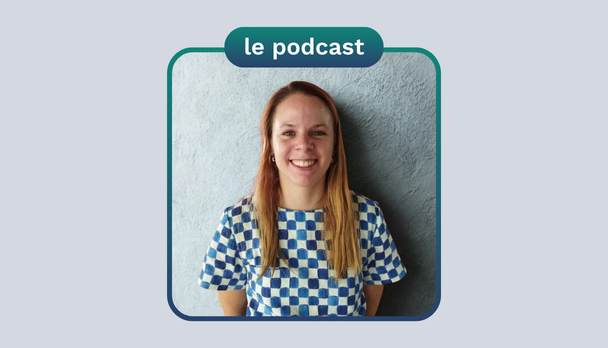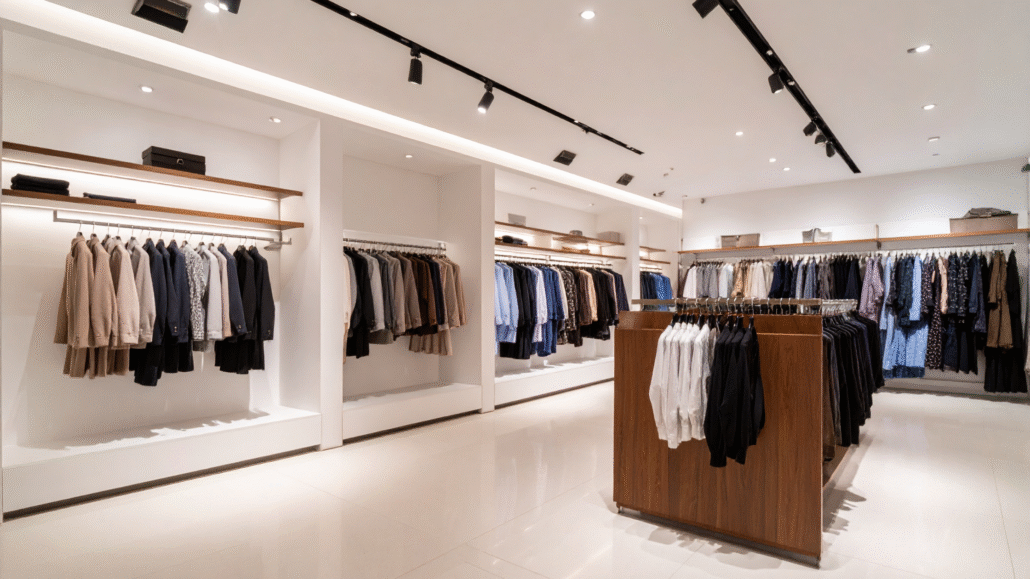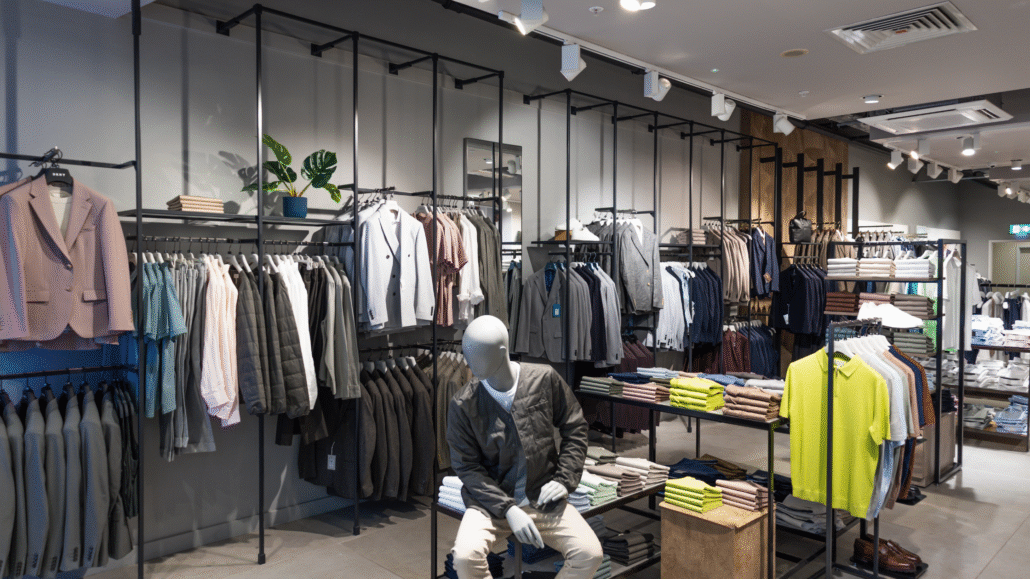
Each year, the French High Council for Climate (HCC) publishes a report assessing the climate policies implemented by the French government. The chair of the HCC, climate scientist Corinne Le Quéré, stressed that Progress has been made, but more needs to be done to combat climate change. She says that although significant progress has been made, the transition to a low-carbon economy is still too slow.
4 key elements that sum up the current situation
Global warming in France is more pronounced than the world average.
The year 2022 was marked by 3 heat waves, a 25% drop in precipitation and destructive fires that ravaged more than 72,000 hectares of vegetation. According to projections, if no additional measures are taken,France could see its temperature rise by 2.3°C by 2030 compared with today. These extreme weather conditions will have significant impacts on the environment, public health and the economy.
France has reduced its emissions, but this is not enough.
Despite these challenges, France has managed to reduce its greenhouse gas emissions. Compared to the previous year, CO2 emissions in 2022 are 2.7% lower. Moreover, current emissions are 25% lower than in 1990. However, it is important to note that this reduction is partly due to a warmer winter, which led to less heating being used, as well as higher energy prices, encouraging more moderate use. It is therefore essential to maintain efforts to reduce emissions on a structural basis, regardless of seasonal climate variations or fluctuations in energy prices.
With the exception of the building sector, the reduction in CO2 emissions is still insufficient to meet European climate targets. One of the European Union’s new objectives is to achieve a 55% reduction in CO2 emissions by 2030, compared with 1990 levels. The rate of reduction should therefore double.
Fair public policies, but an unambitious economic policy?
Although public policies have been put in place, the Chair of the HCC believes that an ambitious economic policy is lacking. The report highlights the need to improve certain policies, particularly in the transport sector, whereCO2 emissions have risen by 2.3% in 2022. This shows that more effective measures are needed to encourage the transition to cleaner, more sustainable modes of transport. The HCC estimates that around 30 million euros will need to be invested between now and 2030 to meet these challenges and accelerate the transition to a low-carbon economy.
A reduction in emissions that does not take into account the reduction in the capacity of carbon sinks
Another shortcoming identified is that discussions on carbon emissions do not take into account the diminishing capacity of natural carbon sinks such as forests, grasslands and oceans to absorb CO2. The data show that the quantity of carbon stored in these sinks has fallen by 4.6 million tonnes of CO2 equivalent in 2021, a drop of 21%. This decrease is mainly attributable to reduction of 3.8 million tonnes in forests. This underlines the importance of taking account of changes in these carbon sinks when discussing emissions, and of stepping up efforts to preserve and restore natural ecosystems.
Conclusion
the High Council for Climate report highlights both the progress made and the continuing challenges in the fight against climate change in France. It highlights the need for more ambitious and coherent action to reduce greenhouse gas emissions, strengthen public policies and take account of changes in natural carbon sinks. The transition to a low-carbon economy will require significant investment and renewed political will to achieve carbon neutrality and preserve the environment for future generations.
With the aim of reducing greenhouse gas emissions from businesses, CircularPlace has developed a marketplace for the resale of your unsold non-food products between professionals, and puts you in touch with non-profit organizations to recover your products.
You can also opt for a white label solution that will allow your company to circularize your equipment internally and to engage your employees around ecological themes.
Don’t throw away any more, opt for the second hand!
Read also
Questions about CircularPlace?



